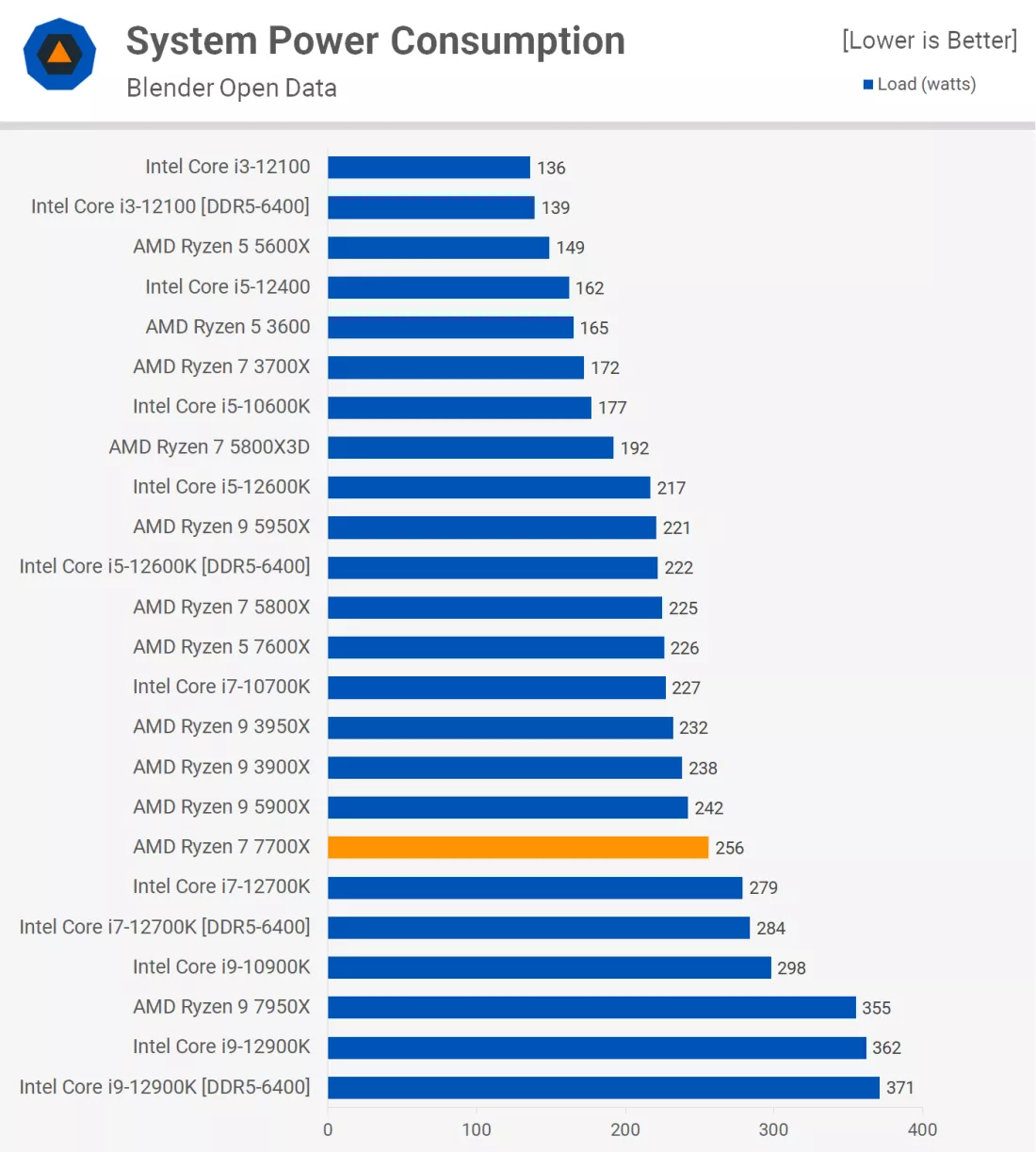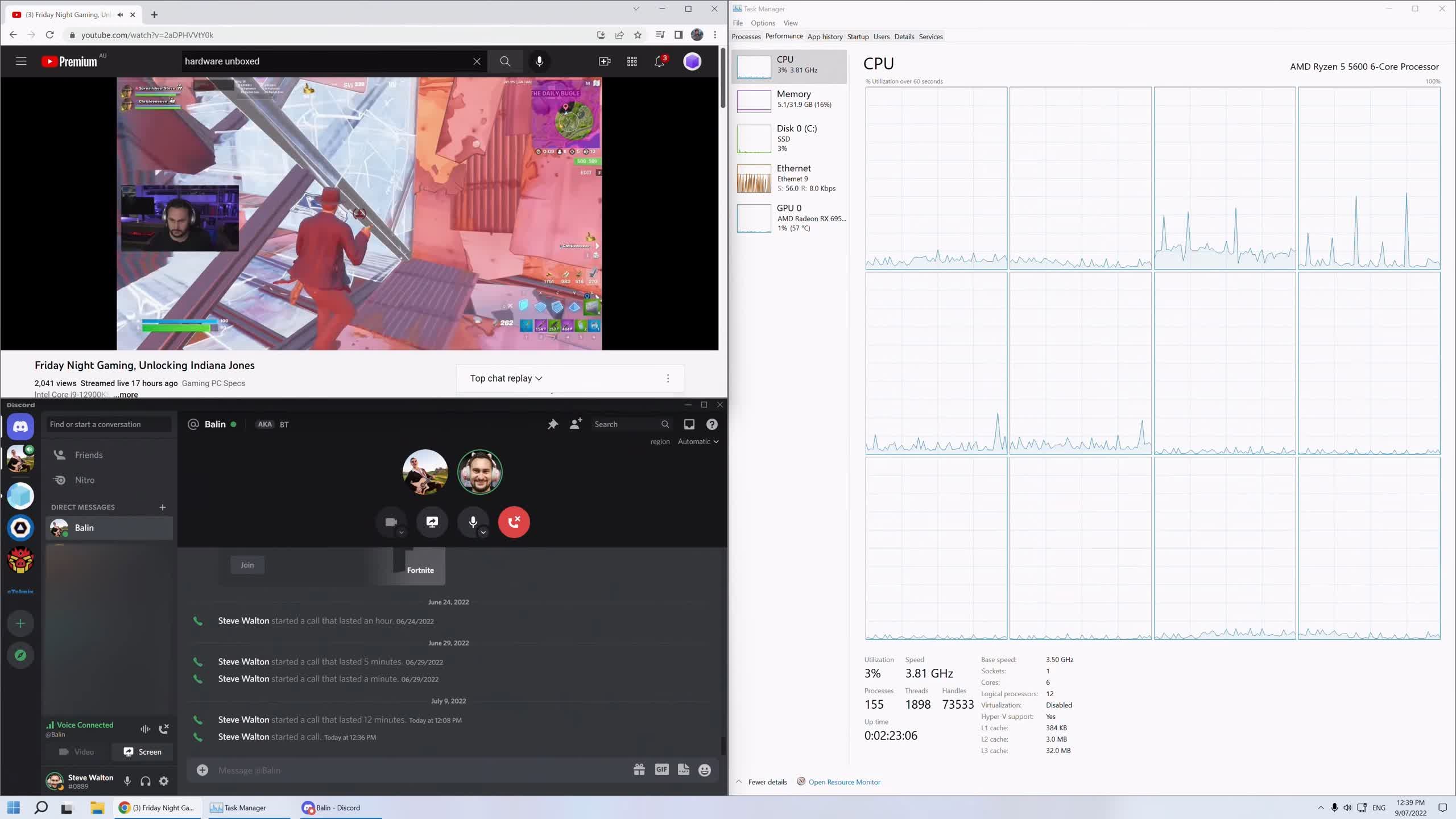Irata
Posts: 2,290 +4,004
You know the higher perf increase is for MT due to the additional e cores and higher clock speeds ?That seems a little premature given that 13th gen is out, or nearly so. If Intel is anywhere near accurate with the 30-40% performance increases with 13th gen, it will easily out perform the 7700 at the same price point (i7-13700K) or deliver similar performance (i5-13600K) for 20% less cost ($400 vs $320). Of course, retail discounting could negate the Intel value prop so we will have to see.
E cores will do exactly zero for gaming perf.
That said, I agree that we should wait for reviews.




